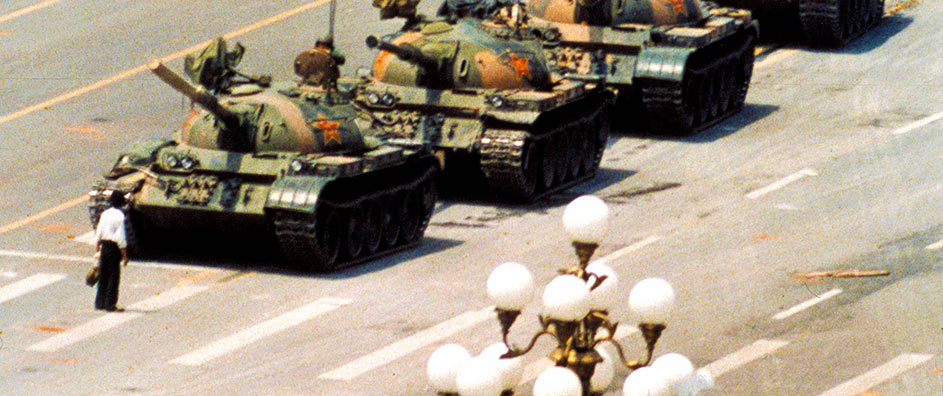In an increasingly fragmented world, the Bahai teachings shimmer like a guiding beacon, urging humanity towards unity amidst diversity. At the crux of these teachings lies a profound message: the transcendence of war, politics, and greed. These concepts, often regarded as the trinity of human folly, can be traced back to their roots in globalization, materialism, and the persistent dichotomies that plague societies. To navigate these tumultuous waters, the Bahai faith offers an unparalleled paradigm, inviting individuals to chart a course toward harmony and collaboration. Through an exploration of these teachings, we unearth a tapestry woven with threads of love, justice, and an unwavering commitment to peace.
To begin, one must consider the pernicious influence of war on the human condition. War, in its most infernal manifestation, obliterates not only lives but also the very fabric of society. The Bahai teachings posit that true civilization can only flourish in the absence of conflict. The analogy of light piercing through the dense fog serves as a metaphor for understanding this ideal: while the fog may be impenetrable, the light symbolizes the clarity brought forth by peace. Just as light dispels darkness, the teachings encourage individuals to illuminate their inner lives with the virtues of compassion and understanding, fostering an environment where the seeds of conflict are less likely to germinate.
The teachings further elucidate the role of politics in perpetuating division. Throughout history, politics has often been a double-edged sword; while it possesses the potential to enact positive change, it has, more frequently than not, sown discord. Here, the Bahai perspective advocates for a politics rooted in ethical principles and guided by a collective conscience. This notion is epitomized by the idea of a “New World Order,” which refers to a system of governance that transcends the parochial interests of nation-states. Instead of erecting barriers, this vision calls for a global governing body that prioritizes the welfare of humanity as a whole. The intricacy of this idea lies in its appeal to an elevated moral architecture, suggesting that true leadership is a manifestation of service rather than dominion.
Yet, it is arguably the matter of greed that presents one of the greatest challenges to human solidarity. Greed engenders a profound sense of disparity—a chasm that divides the affluent from the impoverished. The Bahai teachings contend that material wealth, while not inherently malevolent, should be regarded as a means to further humanity’s collective advancement rather than an end in itself. Employing the metaphor of a river, we can visualize wealth flowing abundantly. If the banks of the river are built wider, it enables the flow to nourish vast expanses of land, resulting in flourishing communities. Conversely, constricted banks choke the river, leading to stagnation and decay. This allegory underscores the necessity for equitable distribution of resources, facilitating an environment where prosperity is shared and gratitude prevails.
The intersection of these three formidable forces—war, politics, and greed—echoes through the annals of history. However, the Bahai teachings present an antidote steeped in the principles of unity, equality, and justice. The essence of unity is not mere tolerance; it is an active commitment to embracing and celebrating diversity. The teachings articulate that every individual, irrespective of their background, contributes meaningfully to the collective human experience. As the metaphor of a symphony illustrates, the harmonic convergence of distinct instruments produces a masterpiece far surpassing the sum of its parts. Therefore, the participatory role of each person within the framework of society is paramount, reinforcing the belief that every voice must be heard and valued.
Furthermore, the appeal of Bahai teachings lies in their insistence on education as a fundamental pillar for overcoming societal maladies. Education, seen not just as the acquisition of knowledge but as a moral upliftment, is the bedrock upon which enlightened communities are built. In this regard, the metaphor of a seed sheds light on the transformative power of education—though small, a seed, when nurtured adequately, can grow into a towering tree that provides shelter, sustenance, and beauty to all. Investing in education, thus, is akin to planting seeds for the future, ensuring a generation that is equipped to confront the challenges of war, politics, and greed with intellect and moral fortitude.
In essence, the enduring allure of the Bahai teachings resides in their universal applicability. They provide a framework for understanding vital global issues, offering tangible steps to diminish the shadows cast by war, political strife, and avarice. Envisioning a harmonious future necessitates an unwavering commitment to nurturing the virtues of kindness, justice, and shared purpose. The road ahead may be fraught with obstacles and seductions of division. Yet, through adherence to Bahai principles, humanity can transcend those confines, collectively crafting a narrative steeped in unity and compassion. In the grand tapestry of existence, every thread counts, and together, they weave a future rich with possibility, enabling humanity to embrace the profound truth: we are, undeniably, one.
